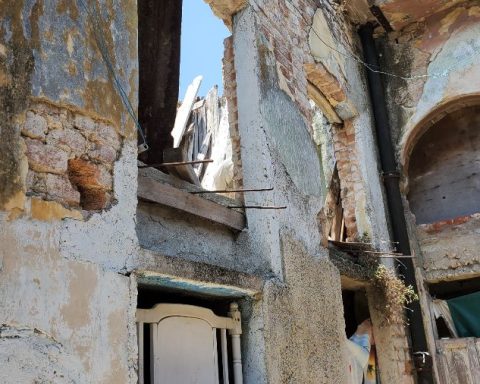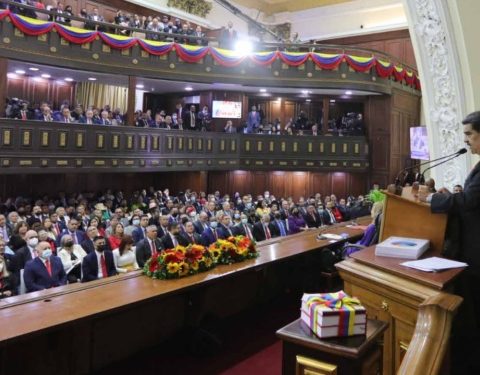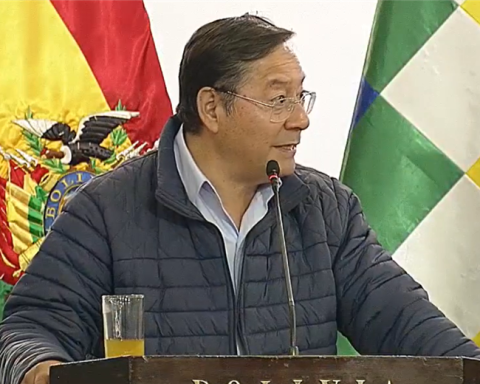The health authorities of Netherlands announced this Wednesday the detection of a first case of contagion with the new Centauro variant —officially known as BA.2.75— coronavirus SARS-CoV-2after the analysis of a sample taken at the end of last month.
As explained by the Dutch Institute of Public Health (RIVM), the new variant is already circulating in that country and was found for the first time in a sample taken on June 26 in the northwestern region of Gelderland, near the border with Germany, refers to an agency report EFE.
The BA.2.75 is a secondary variant of Omicronrecently located on a slightly larger scale in India, but also in Australia, Japan, Canada, the United States, Germany and the United Kingdom, among other countries, although little is still known about this lineage.
The RIVM points out that this variant “seems” to be able to elude the accumulated protection against the coronavirus more easily than others due to small specific mutations, although at the moment it does not seem more aggressive, explains the Spanish media.
CORONAVIRUS Omicron variants: What do we know about BA.2.75, alias “Centauro”, the latest version of SARS-CoV-2? https://t.co/ZjcJzb8wFq
– Channel 9 Litoral (@NueveLitoral) July 10, 2022
The European Medicines Agency (EMA) and the European Center for Disease Prevention and Control (ECDC) recommended this week to begin administering a booster dose to those over 60 years of age, as well as those who for medical reasons have a risk of serious illness.
The two agencies affirm in their joint recommendation that it is necessary to update protection due to the fact that a new wave is taking place in Europe and that admissions to hospitals and intensive care units are also increasing, which makes it advisable to reinforce the protection against the virus for those over 60 and vulnerable people.
The announcement takes place one day after the World Health Organization (WHO) decided to maintain the international emergency due to the covid-19 pandemic, in force for almost two and a half years, and warned of the dangers posed by the current relaxation in the monitoring of infections that is noted in many countries.
In their most recent meeting on the subject, the experts of the Emergency Committee for COVID-19 concluded that the disease “continues to constitute an extraordinary event that still adversely impacts global health,” according to another news release from EFE.
In addition, they warned that the decline in tests in many countries, at a time of proliferation of mild cases in those with high vaccination rates, is affecting the ability of experts to analyze the evolution of the coronavirus.
Even with less control of the pandemic, a 30% increase in COVID-19 cases globally has been reported in the last two weeks, mainly due to the BA.4 and BA.5 sublineages of the Omicron variant. , warned the Emergency Committee, to which is added the most recent spread of Centauro.
“New waves of the virus show once again that the covid is far from its end,” said Tedros Adhanom Ghebreyesus, director general of the WHO, while the committee’s experts assured that the dynamics of COVID-19 continue to be “unpredictable ”.
EFE / OnCuba


















